Ducatihottie
Senior Member
THANKS IN ADVANCE. I've been hiding as I didn't want to jinx myself before I got financed. Well here I am to bug you now and forever.
As some of you know, I'm buying a boat! My name is Brian in Auburn, WA. My boats a 1987 CHB 42' Ponderosa Tri-Cabin $77,000. Below are some estimates of costs I might have. Does this sound about right?
1. Do I need all of this, (especially the yearly costs #9).
2. Can any of you teach me how to ride my boat for less than #8 below:?
3. Did I over or underestimate any items below?
4. Xtra engine photos, maybe you can tell me more about
my Cummins 6BT5.9M 210hp main and everything around it?
5. I know I'm a handful.
Below are my estimated boat purchase & post expenses.
1. Pacific Maritime Title closing fees: Around $1,000-$1,200
2. Marine Survey: Around $850 "CALE MATHERS"
3. Mechanical Inspection: Around $700
4. Survey Haulout and potential pressure wash: $1,000
5. Sales Tax: 10.1%= $7,777.00
6. Registration fees for boat and tender= 2019 Registration $358.46 for the vessel & $25.25 for the tender
7. Yearly Geico Marine Insurance with Holly $1488
8. Captain to get signed off: $400- $500 per day(may be several hours at a time). May take a week, several weeks or longer depending on the individual
9. Post sale maintenance. 1. Moorage at Fishermen’s Terminal is $619 plus electricity 2. 1-2 boat washes per month is $200-$300 3. Annual exterior buff and wax around $2,000-$3,000 4. Annual engine service around $1,000 5. Fuel depends on the usage
Brian
As some of you know, I'm buying a boat! My name is Brian in Auburn, WA. My boats a 1987 CHB 42' Ponderosa Tri-Cabin $77,000. Below are some estimates of costs I might have. Does this sound about right?
1. Do I need all of this, (especially the yearly costs #9).
2. Can any of you teach me how to ride my boat for less than #8 below:?
3. Did I over or underestimate any items below?
4. Xtra engine photos, maybe you can tell me more about
my Cummins 6BT5.9M 210hp main and everything around it?
5. I know I'm a handful.
Below are my estimated boat purchase & post expenses.
1. Pacific Maritime Title closing fees: Around $1,000-$1,200
2. Marine Survey: Around $850 "CALE MATHERS"
3. Mechanical Inspection: Around $700
4. Survey Haulout and potential pressure wash: $1,000
5. Sales Tax: 10.1%= $7,777.00
6. Registration fees for boat and tender= 2019 Registration $358.46 for the vessel & $25.25 for the tender
7. Yearly Geico Marine Insurance with Holly $1488
8. Captain to get signed off: $400- $500 per day(may be several hours at a time). May take a week, several weeks or longer depending on the individual
9. Post sale maintenance. 1. Moorage at Fishermen’s Terminal is $619 plus electricity 2. 1-2 boat washes per month is $200-$300 3. Annual exterior buff and wax around $2,000-$3,000 4. Annual engine service around $1,000 5. Fuel depends on the usage
Brian
Attachments
-
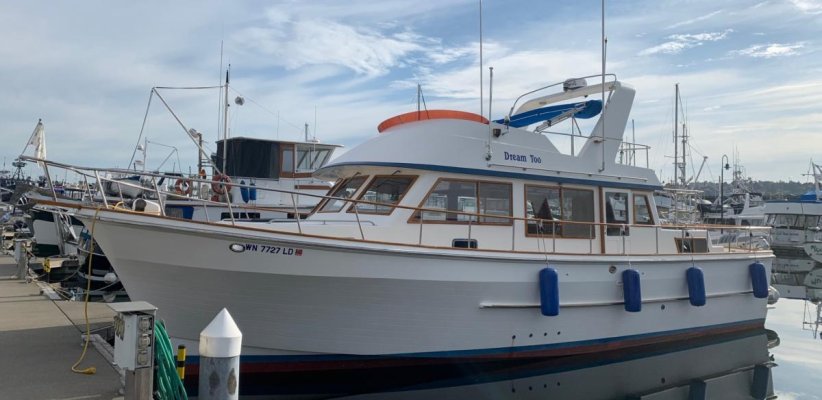 Screenshot_20200613-220148_Gmail.jpg85.9 KB · Views: 66
Screenshot_20200613-220148_Gmail.jpg85.9 KB · Views: 66 -
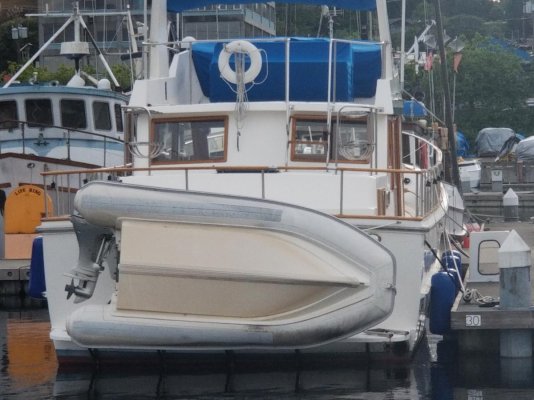 20200615_181033.jpg135.8 KB · Views: 67
20200615_181033.jpg135.8 KB · Views: 67 -
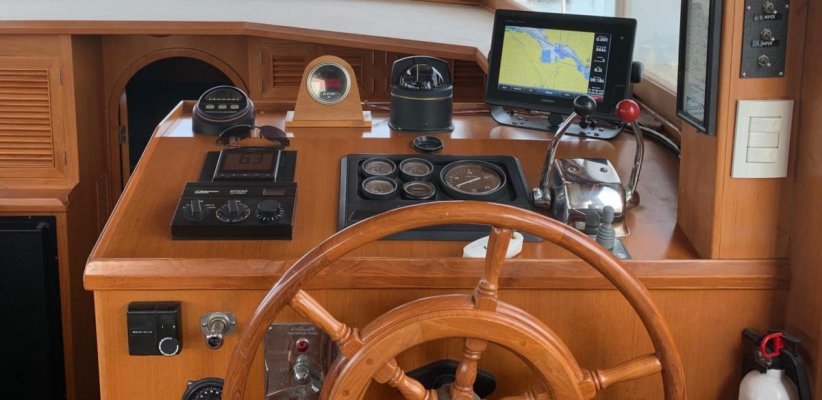 Screenshot_20200613-221258_Gmail.jpg91.8 KB · Views: 68
Screenshot_20200613-221258_Gmail.jpg91.8 KB · Views: 68 -
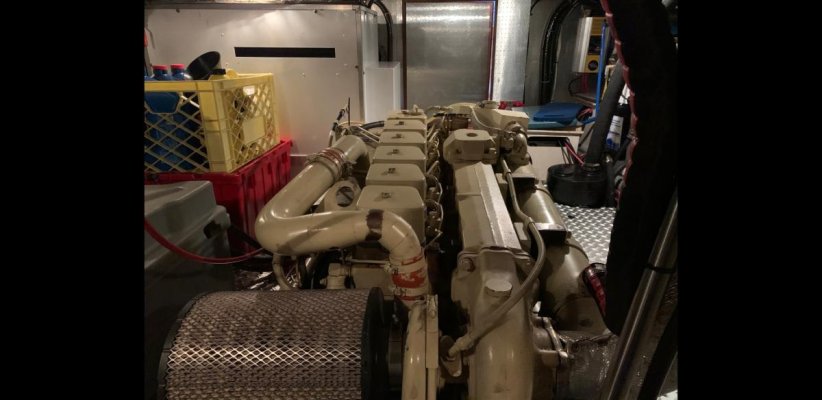 Screenshot_20200613-221607_Gmail.jpg74.3 KB · Views: 66
Screenshot_20200613-221607_Gmail.jpg74.3 KB · Views: 66 -
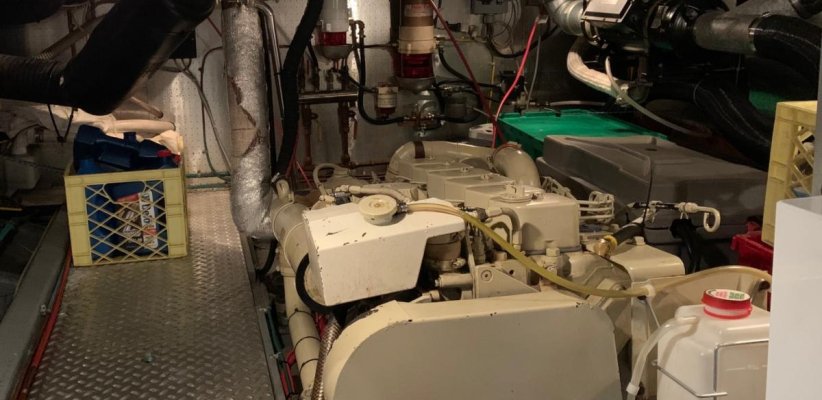 Screenshot_20200613-221614_Gmail.jpg96.3 KB · Views: 73
Screenshot_20200613-221614_Gmail.jpg96.3 KB · Views: 73 -
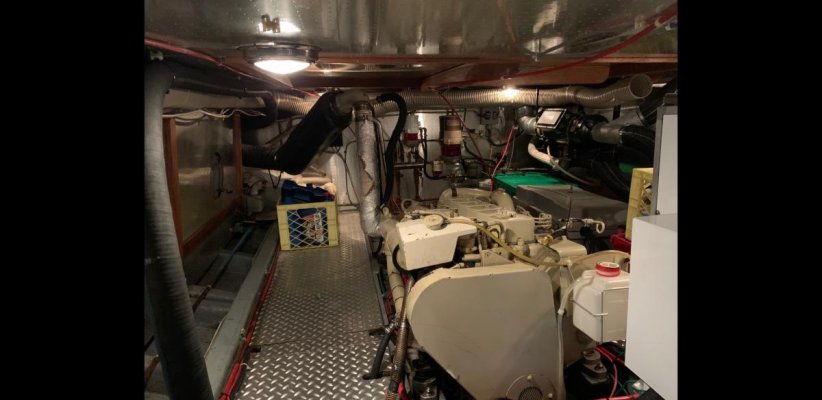 Screenshot_20200613-221619_Gmail.jpg74.7 KB · Views: 64
Screenshot_20200613-221619_Gmail.jpg74.7 KB · Views: 64 -
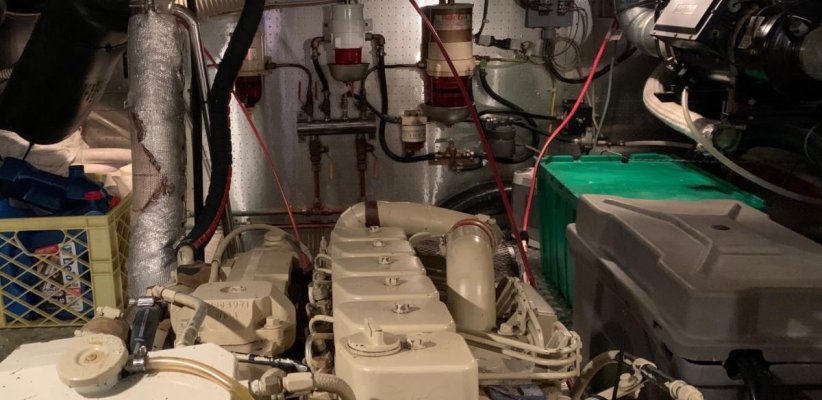 Screenshot_20200613-221626_Gmail.jpg102.8 KB · Views: 69
Screenshot_20200613-221626_Gmail.jpg102.8 KB · Views: 69 -
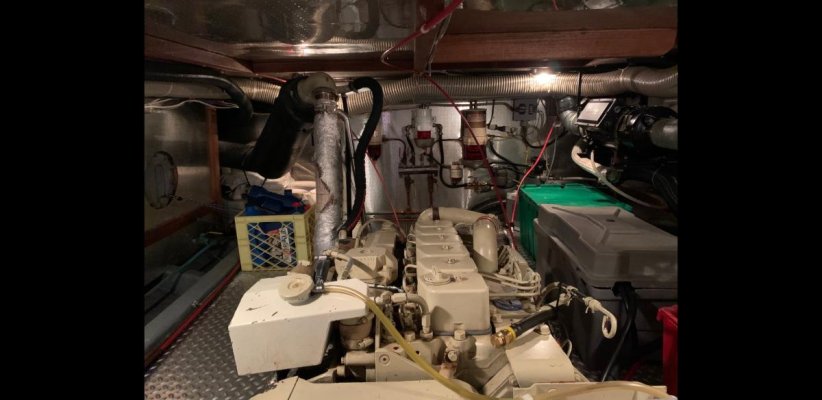 Screenshot_20200613-221631_Gmail.jpg77.7 KB · Views: 61
Screenshot_20200613-221631_Gmail.jpg77.7 KB · Views: 61 -
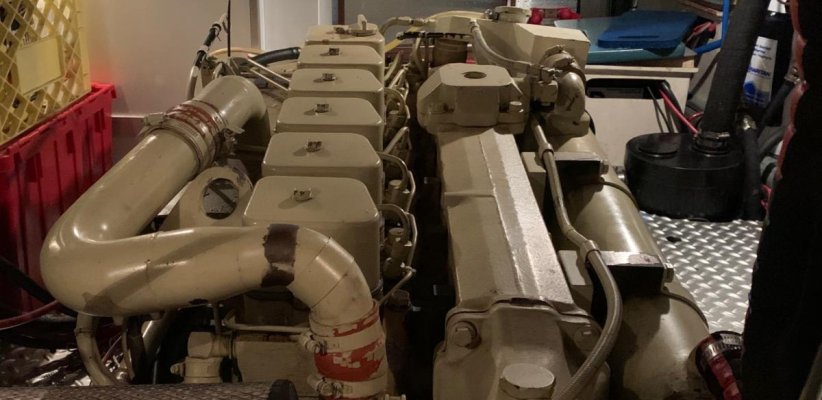 Screenshot_20200613-221548_Gmail.jpg89.7 KB · Views: 68
Screenshot_20200613-221548_Gmail.jpg89.7 KB · Views: 68 -
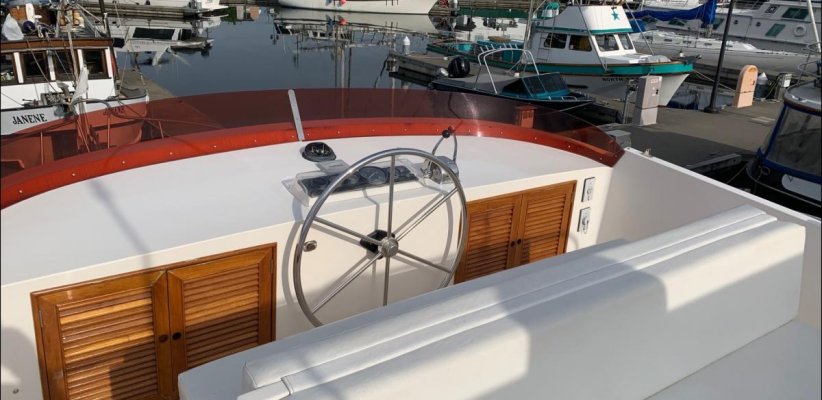 Screenshot_20200613-220356_Gmail.jpg99.6 KB · Views: 61
Screenshot_20200613-220356_Gmail.jpg99.6 KB · Views: 61
Last edited:


